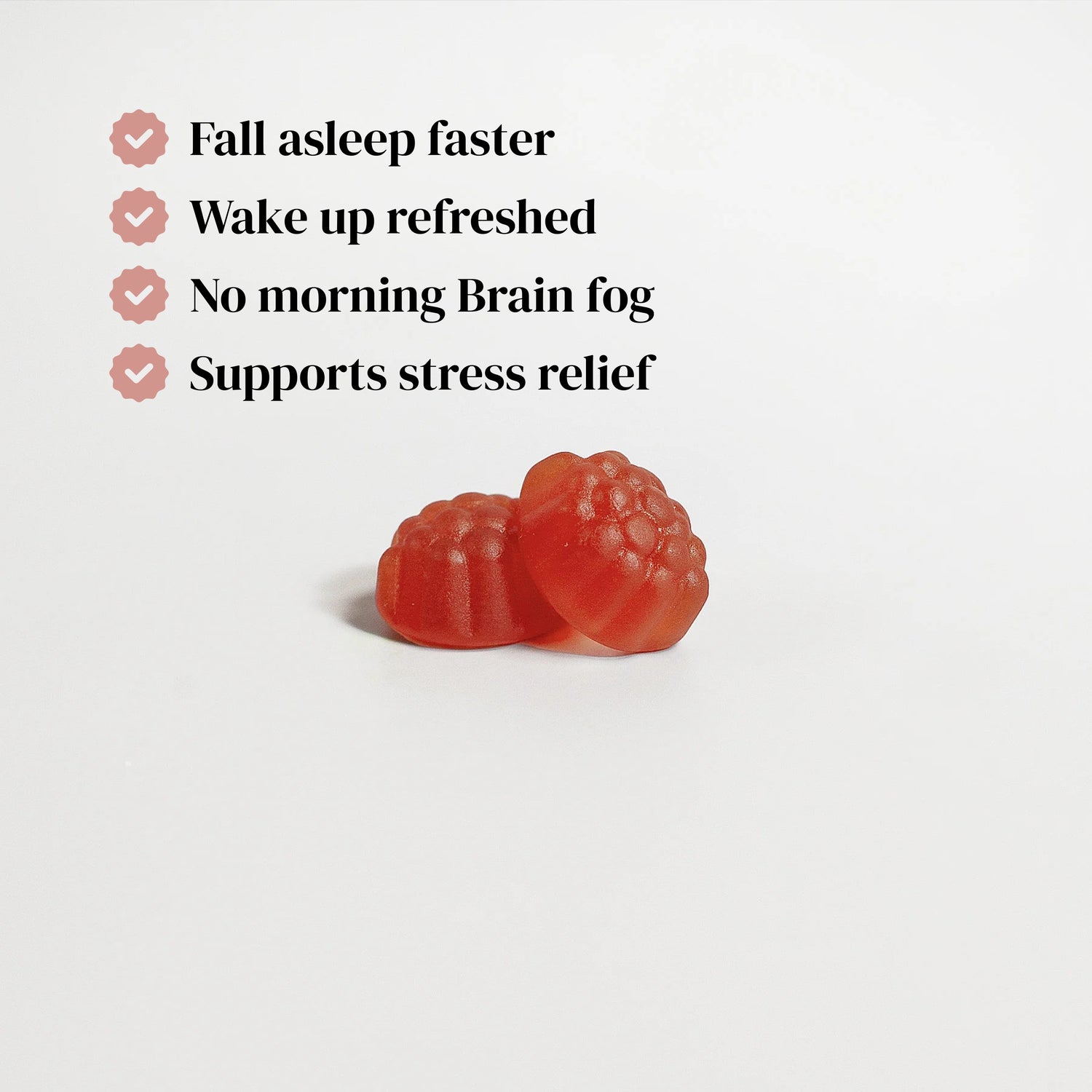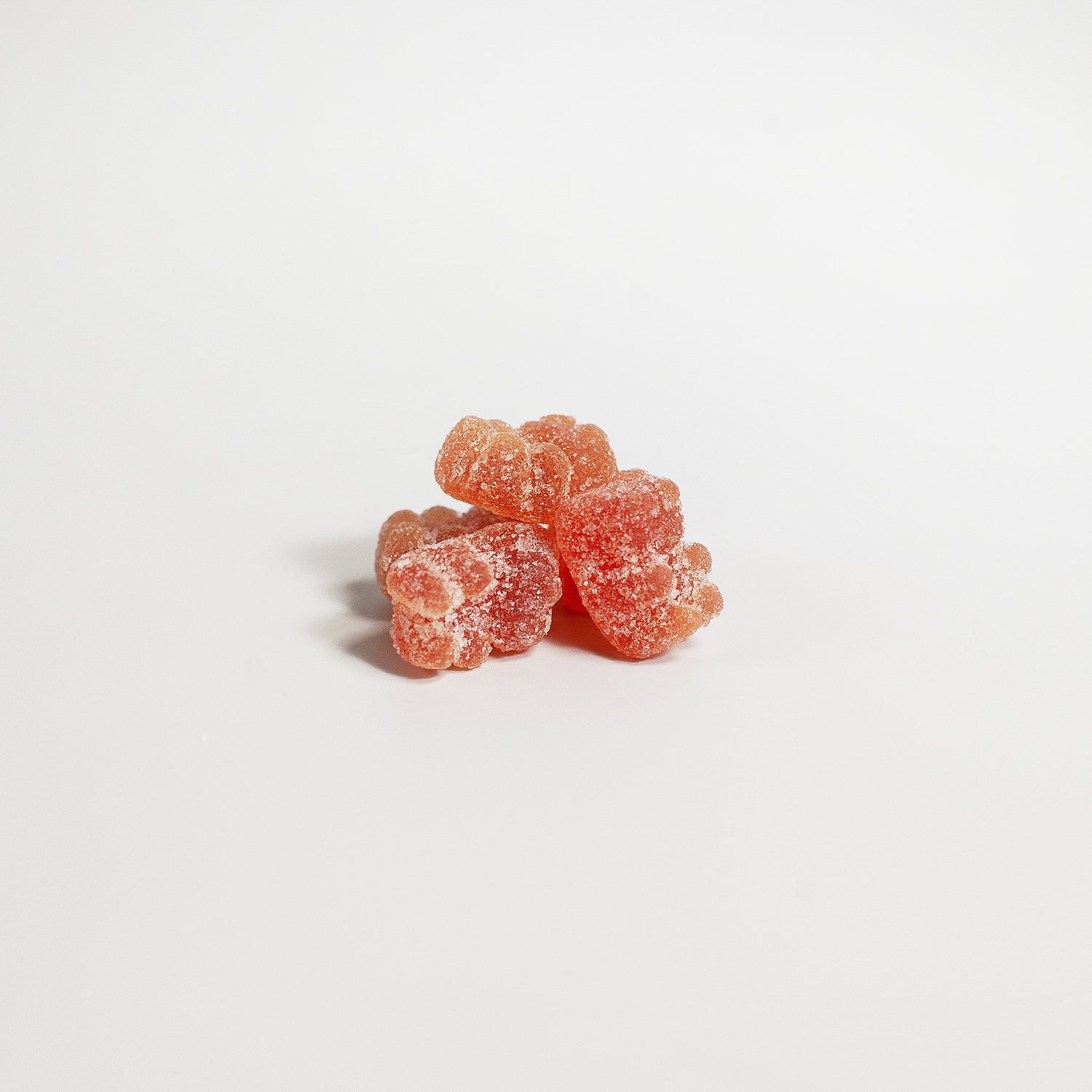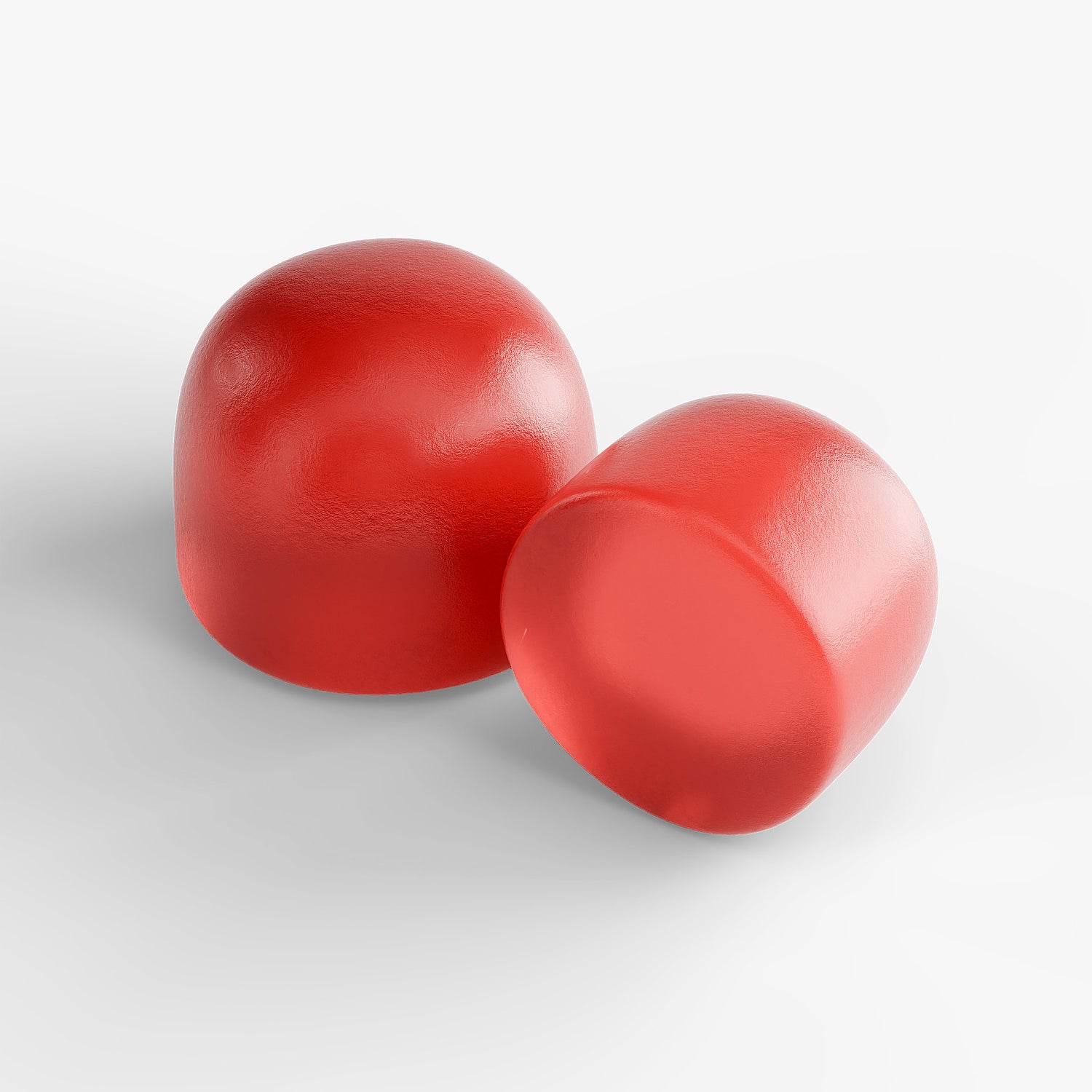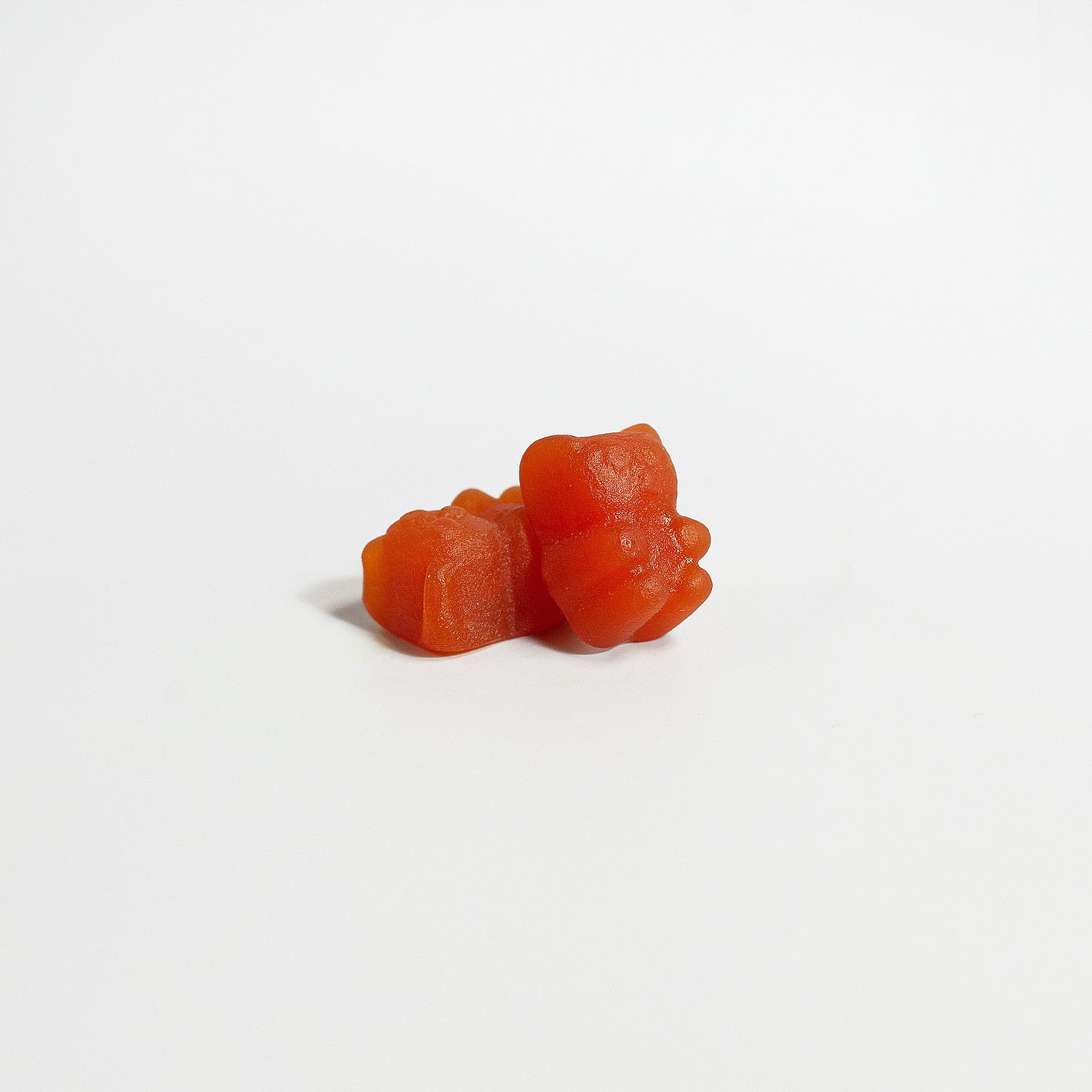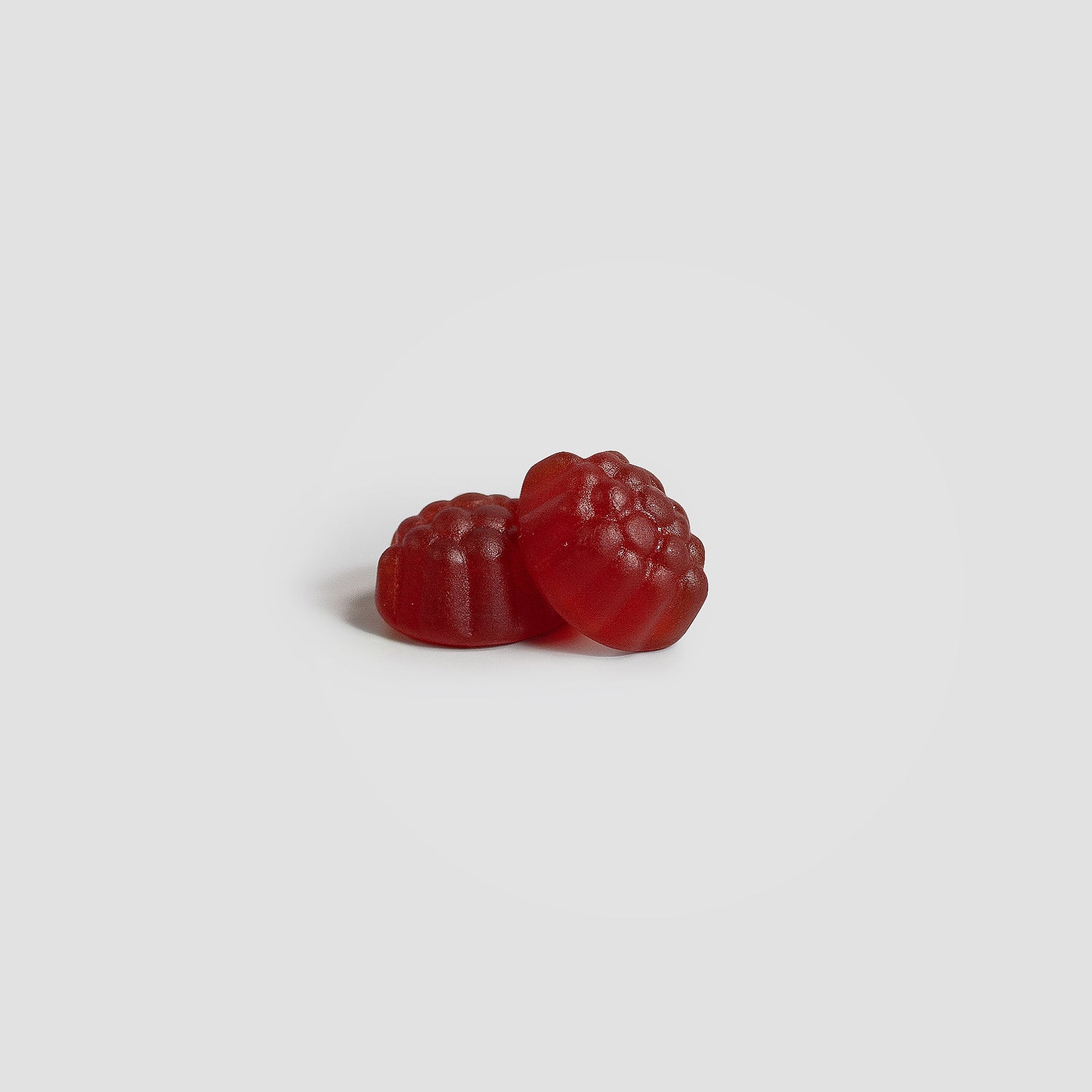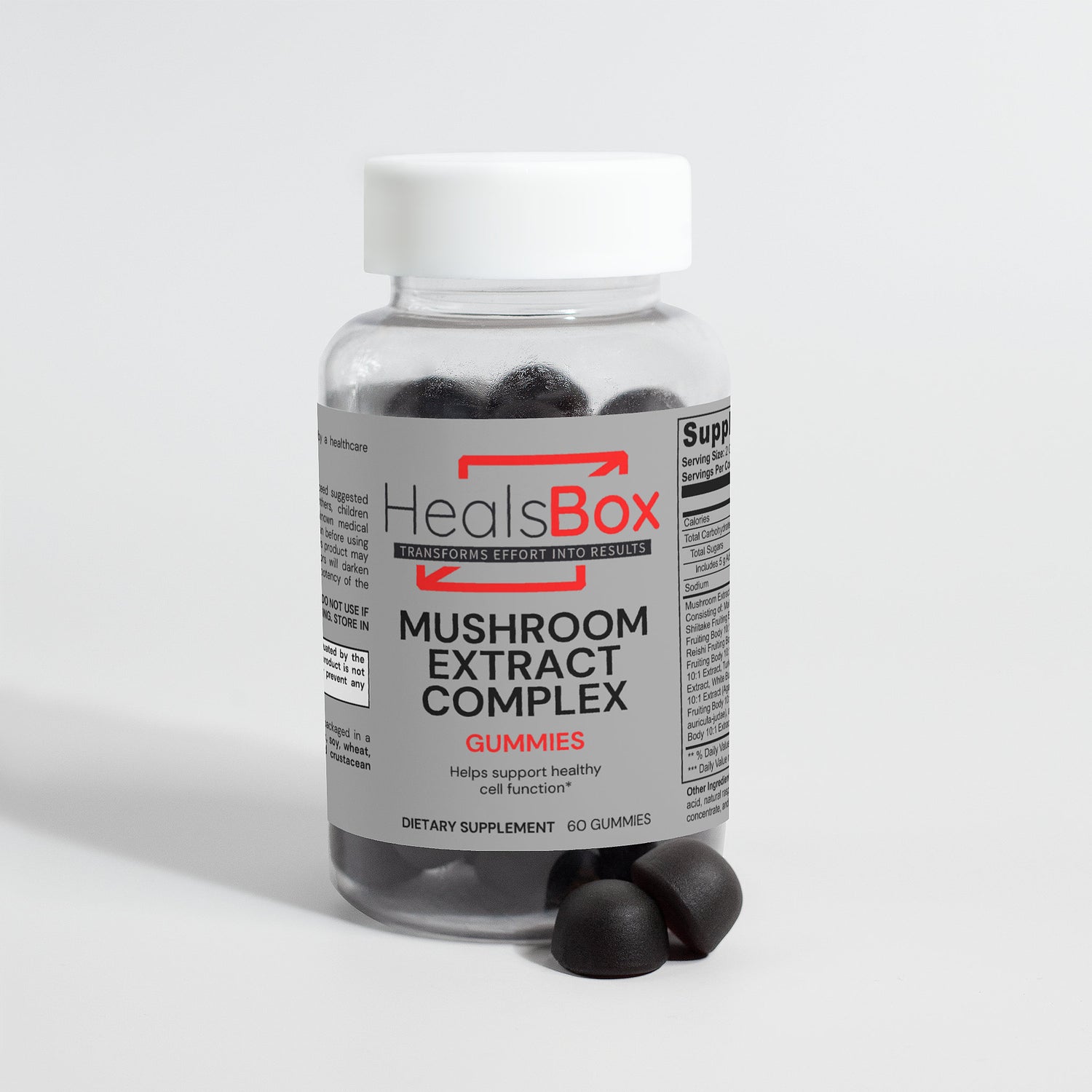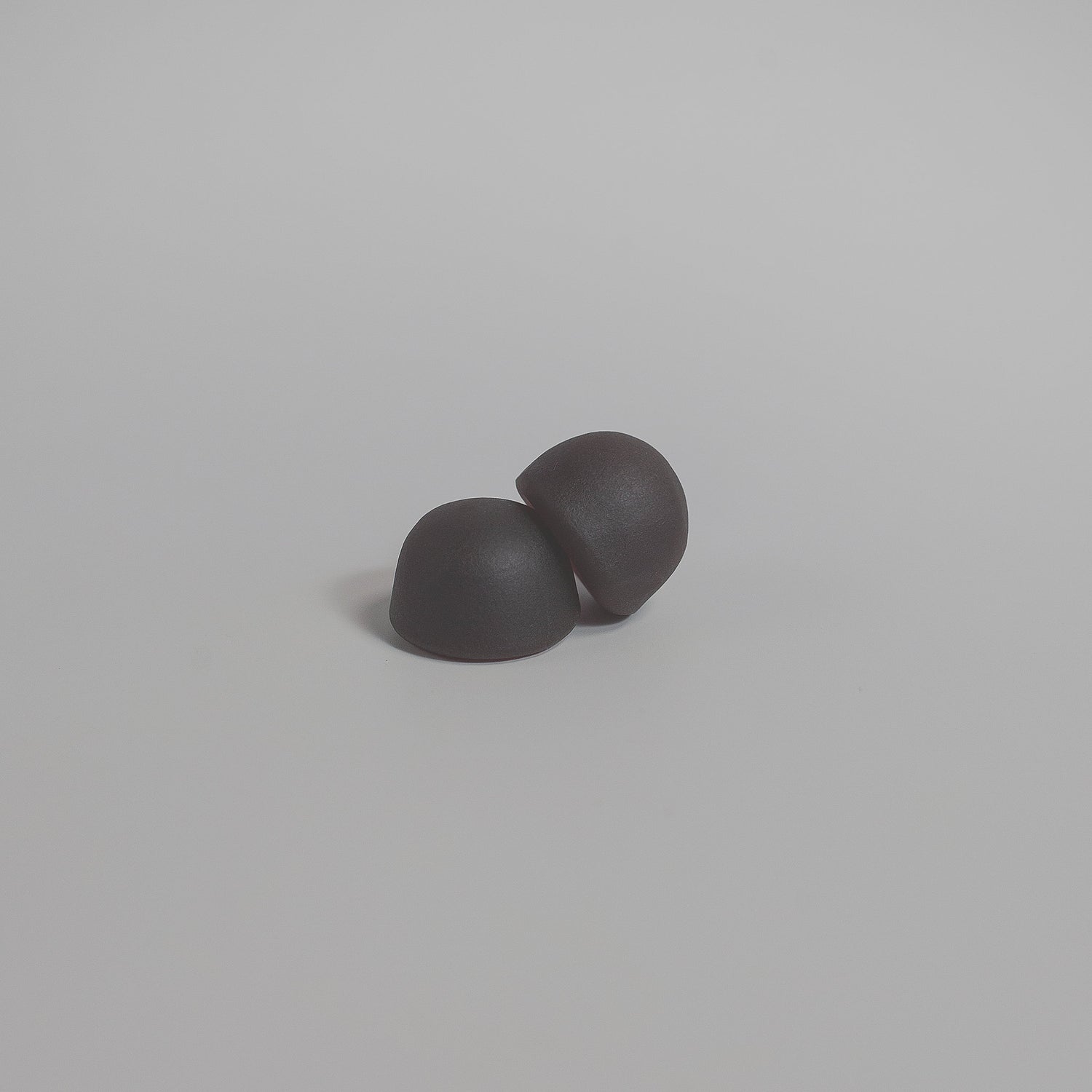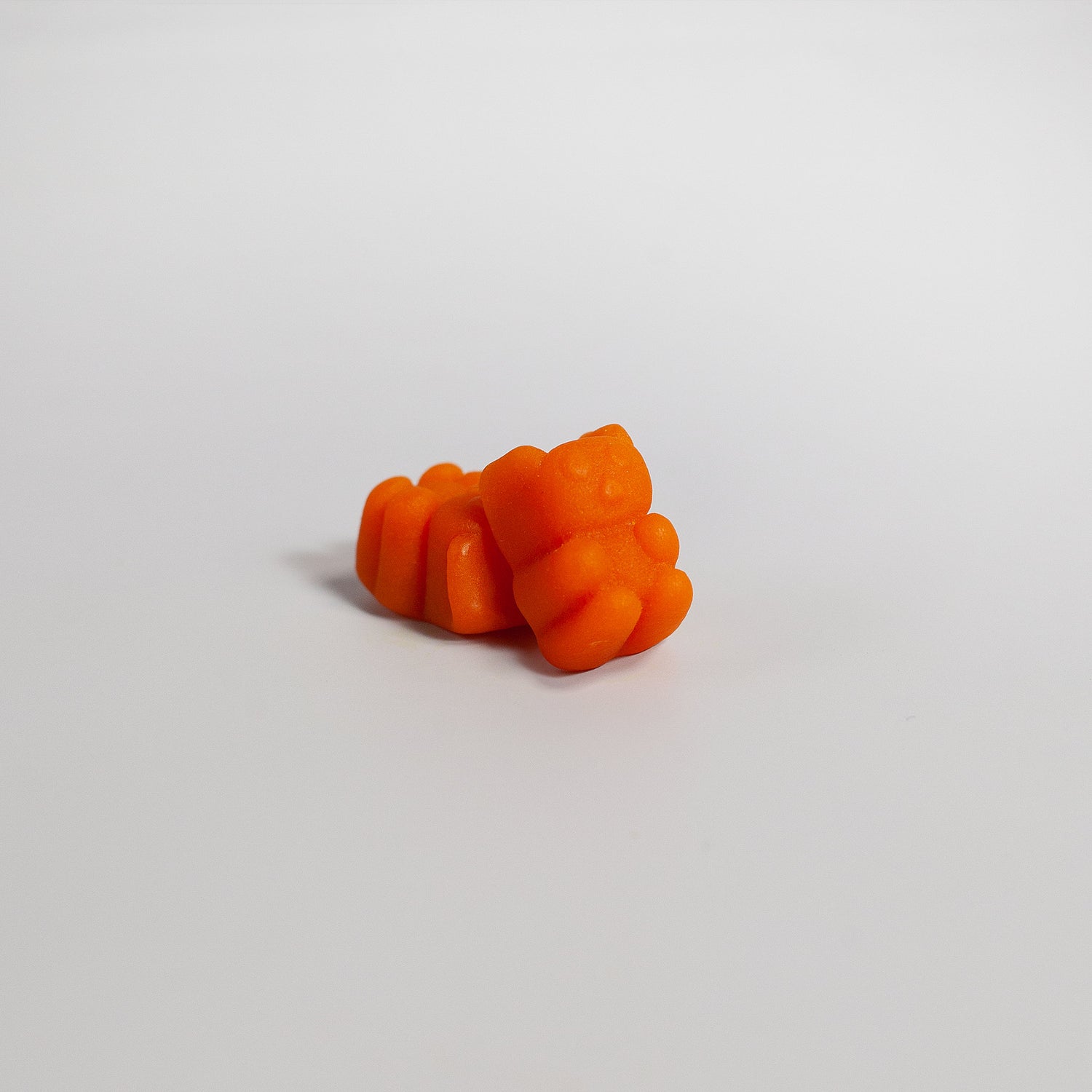Scientific Studies on Passiflora (Passionflower)
Passiflora, commonly known as passionflower, is a genus of plants widely studied for its medicinal properties, especially related to the nervous system. Many scientific studies have explored its potential benefits, particularly for anxiety and sleep disorders.
Anxiety Relief
Passiflora incarnata has demonstrated promising effects in reducing anxiety. A randomized, double-blind, placebo-controlled clinical trial with 65 participants suffering from stress and insomnia found that Passiflora extract significantly reduced perceived stress and improved sleep quality without adverse effects. You can read more about this study on PubMed:
https://pubmed.ncbi.nlm.nih.gov/38646244/
Furthermore, a systematic review of clinical trials concluded that Passiflora is effective in managing perioperative anxiety, sleep disturbances, and benzodiazepine tapering, showing a favorable safety profile. The full review is available on ResearchGate:
https://www.researchgate.net/publication/387259774_Passiflora_incarnata_as_an_Adjunctive_Treatment_for_Anxiety_and_Sleep_Disorders
Sleep Improvement
Passionflower is also recognized for its sleep-enhancing effects. The same clinical trial mentioned above reported significant improvements in sleep quality, including increased total sleep time, in participants who took Passiflora extract. Research suggests that Passiflora may enhance gamma-aminobutyric acid (GABA) activity in the brain, which contributes to its sedative effects. For more information, see Mount Sinai’s health library:
https://www.mountsinai.org/health-library/herb/passionflower
Safety and Precautions
Passionflower is generally considered safe when used appropriately. A literature review conducted in 2013 found that the herb has a good safety profile, with no significant adverse effects reported in clinical trials. However, it may interact with sedatives, anticoagulants, and monoamine oxidase inhibitors. Pregnant or breastfeeding women should consult a healthcare professional before using Passiflora. Additional safety information can be found on Wikipedia:
https://en.wikipedia.org/wiki/Passiflora_incarnata
Further Reading
-
PubMed Central article on Passiflora extract clinical study:
https://pmc.ncbi.nlm.nih.gov/articles/PMC11026993/ -
Frontiers in Psychiatry article on Passiflora as adjunctive treatment:
https://www.frontiersin.org/journals/psychiatry/articles/10.3389/fpsyt.2024.1471083/full -
Mount Sinai Health Library: Passionflower overview:
https://www.mountsinai.org/health-library/herb/passionflower





